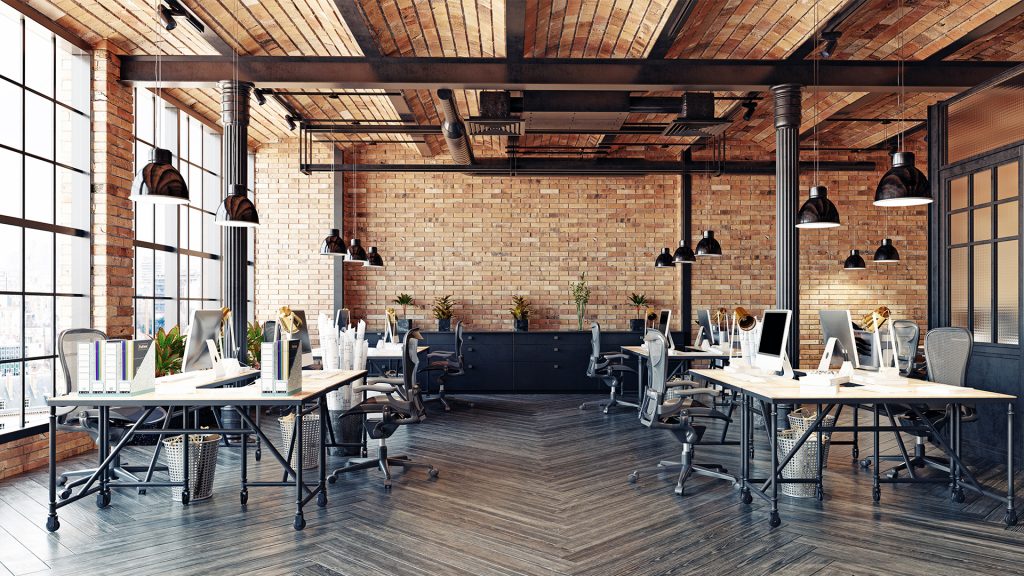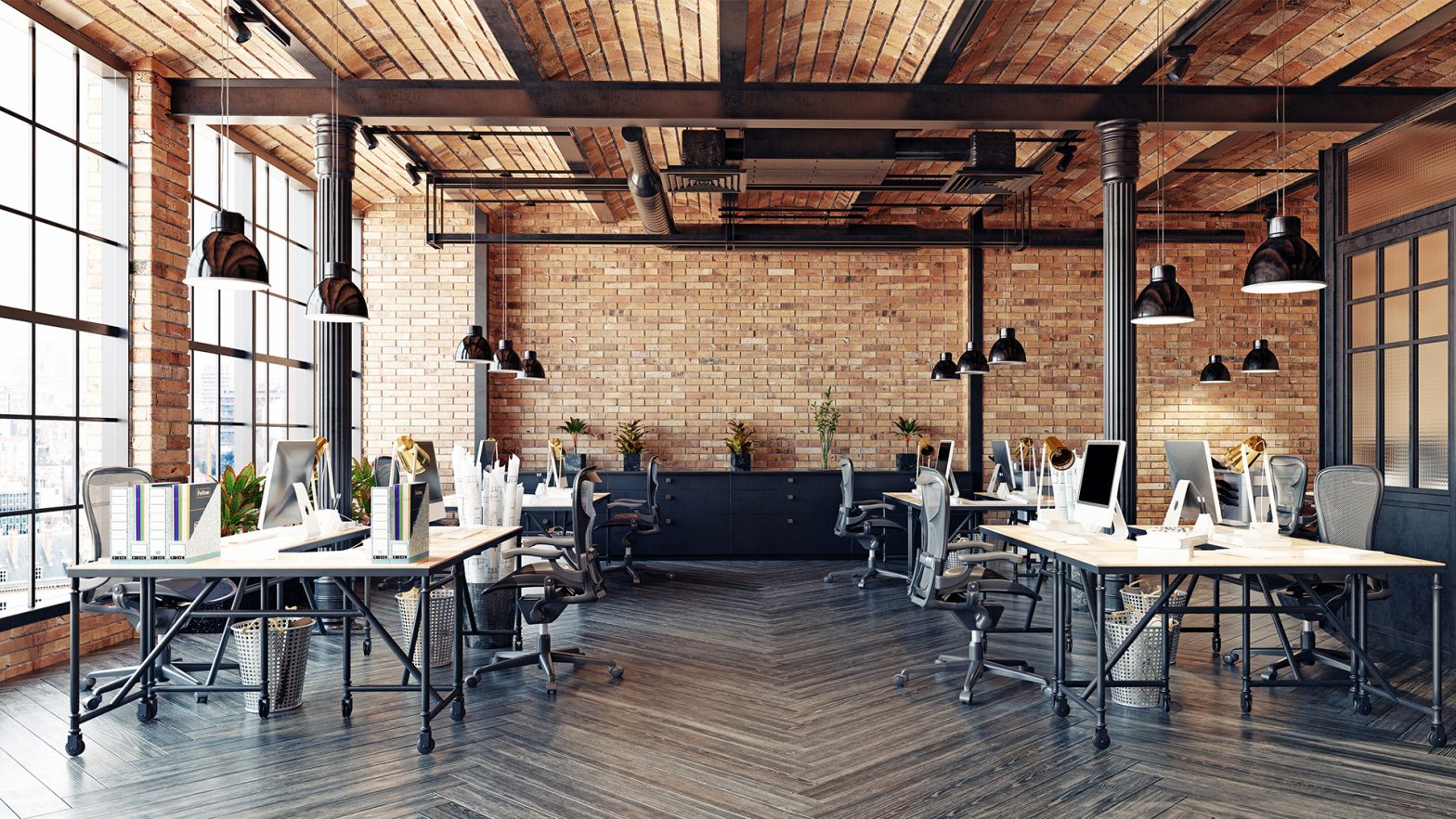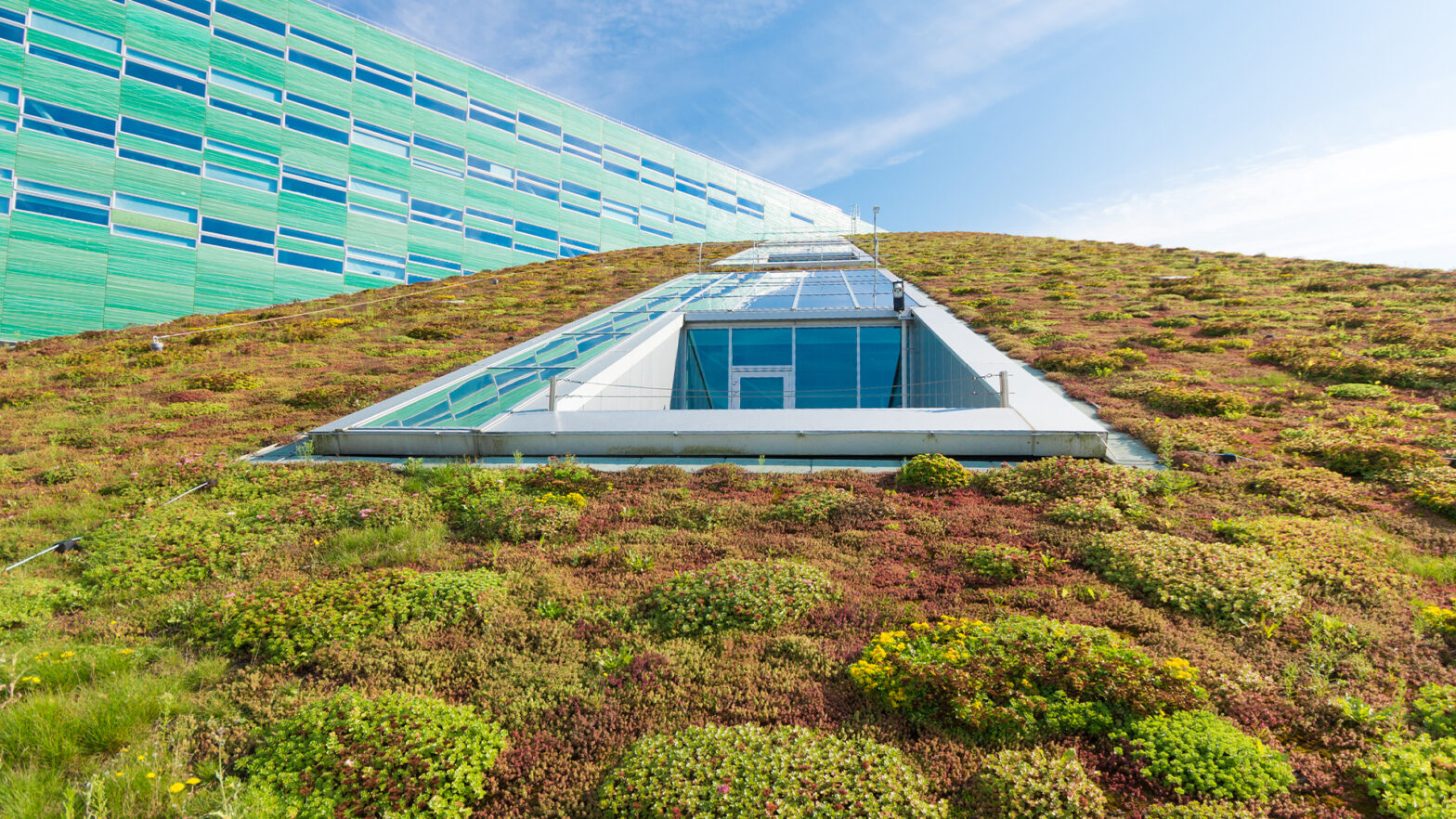
Sustainability in everyday life is becoming increasingly important, with 88% of people in the US and UK wanting brands to be more environmentally friendly and ethical – and this doesn’t stop when it comes to choosing an employer.
Workplaces can no longer afford to fit out their offices without a sustainability strategy in place. The focus is increasingly shifting towards the carbon footprint, but not yet towards the recyclability of materials due to industry regulations.
The reuse of previously used materials is often restricted by guarantees and warranty claims, therefore, offices often lack a sustainable approach to materials. But, there are small ways workplaces and offices can promote a better approach to the recycling of materials to improve their overall sustainability.
Alongside the approach of reducing carbon footprints, such as using renewable energy and hosting meetings and events online, Studio Alliance office design experts, have provided tips on how businesses can be more sustainable – or at least put practices in to help better it.
Implement energy-efficient lighting
A simple way to start your sustainability journey is by switching to energy-efficient lighting. LED bulbs consume less energy and have a longer lifespan than traditional incandescent bulbs.
In order to reduce the amount of energy your workplace is using, implement motion sensors in main working areas and meeting rooms. This will allow for less energy output as a business which will reduce consumption, as well as save on energy bills.
Don’t re-purchase, reuse!
To avoid mass-consumption and promote sustainability, ensure all your employees are reusing work equipment and furniture as much as possible.
As one employee may exit the business, another one will join – instead of purchasing new equipment, review what can be recycled from the previous user. Laptops, chargers, headsets, office chairs, to name a few items.
Purchasing new workplace equipment and furniture just for the sake of it promotes a wasteful environment and ethos, so be sure to always check what can be reused before any purchase for your business.
Go completely paperless
Although easier said than done, going completely paperless in the office is the ultimate goal because in the long run it can lessen deforestation and reduce pollution.
Other benefits of going paperless include improvement of operational costs because of streamlined workflows. Having faster access to important company information can help save time for your employees which ultimately saves money.
Going completely paperless should be the long-term goal – ways to help reach that goal include:
- Encouraging all employees to proof and edit documents on their devices and utilising digital documentation
- If you do have to print, make sure you do so on both sides of the recycled paper
- Remove paper signs and updates from your office workspace – create an online portal and message board where employees can find regular updates
Remember the first R – REDUCE!
In order to be more sustainable as an office, you can reduce the number of things coming into your space. The fewer things you have, the less you therefore have to recycle. Focus on your supply stream – items such as post, and packaging for office supplies – by telling providers and suppliers that your items can only be in packaging that can be recycled and compostable.
Don’t forget to reuse and recycle though. Instigate a comprehensive recycling program covering paper, plastic, glass and electronics into most office areas to encourage a proper waste management approach.
Cultivate a workplace culture around sustainability
Sustainability needs to be engrained into your employees’ ethos. Ways to empower your team into thinking about the environment even more so, is to put regular training sessions in their diaries. From training sessions on conserving water and waste reduction, to green cleaning practices, there are many ways that will improve their approach to sustainability in the workplace.
Small tweaks to sustainability – but conducted by many within an organisation – can greatly impact the sustainability progress of a business.
Bjørn Polzin, Head of Planning at apoprojekt, one of Studio Alliance’s members, offers their advice on why recycling some materials within the office space is often restricted and reducing the amount we produce is the key to creating a more sustainable workplace.
“The reuse of previously used materials is often restricted by guarantees and warranty claims and is regrettably often limited to the private market. To enable a comparison here, manufacturers will have to provide all the environmental data (EPD: Environmental Product Declaration) for their products in future.”





























